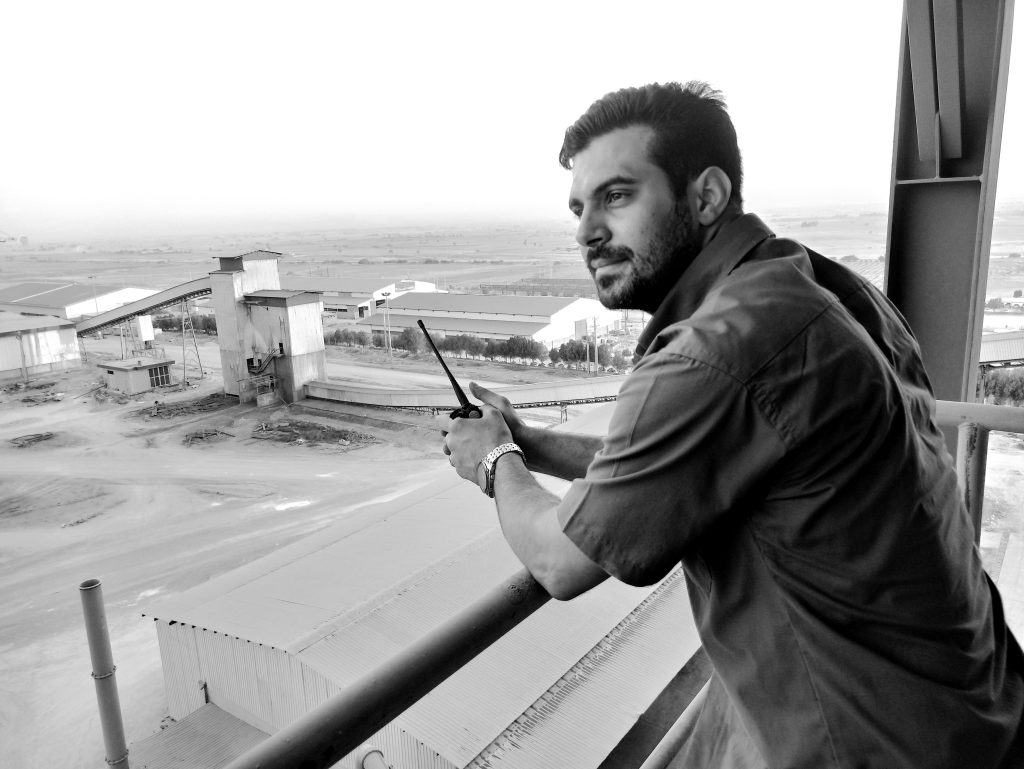Iran Promises Retaliation Against Israel Following Assassination of Hamas Leader
In a dramatic escalation of tensions in the Middle East, Iran has firmly declared its intention to retaliate against Israel for the assassination of Hamas’ political leader, Ismail Haniyeh, which occurred in Tehran last week. Iranian officials have made it clear that this event will not go unanswered, with President Masoud Pezeshkian stating unequivocally that Tehran will ‘definitely’ respond to what they perceive as an aggressive act by Israel.
This incident has sent shockwaves through the region, as both Hamas and Iranian authorities hold Israel accountable for the killing. The situation is particularly precarious, with analysts warning that the threat of an Iran-Israel war looms larger than before. The dynamics have shifted since Iran’s first direct attack on Israel earlier this year, suggesting a potentially more volatile environment in which both nations are now operating.
The assassination has heightened fears of a broader conflict, and Israeli Prime Minister Benjamin Netanyahu has convened his security cabinet to discuss possible counterstrikes. The atmosphere in Israel is tense, with citizens acutely aware of the risks that this retaliation might entail. Many are left watching and waiting, bracing for a response that could further destabilize an already fraught region.
Recent statements from Iranian officials have underscored the seriousness of their intentions. They have issued warnings that the response will come at a time and place of their choosing, with military analysts suggesting that Iran has a range of options at its disposal. The last two weeks have seen an unprecedented escalation of events, raising alarms among security experts about the potential for a major regional conflict that could draw in various factions and escalate beyond the control of either nation.
As tensions mount, the international community watches closely, aware that any miscalculation could lead to a broader conflagration. Iran’s vow to retaliate signals a pivotal moment in Middle Eastern geopolitics, one that could redefine alliances and hostilities in the region. The stakes are undeniably high, and the potential repercussions of this conflict could resonate far beyond the immediate actors involved. The coming days and weeks will be critical in determining whether diplomatic efforts will prevail or if the cycle of violence will continue unabated.
In summary, the assassination of Ismail Haniyeh has sparked a significant response from Iran, which has vowed to retaliate against Israel, raising the specter of a wider conflict in the region. As both sides prepare for possible escalations, the world holds its breath, hoping for a resolution to this dangerous standoff.
Tags: Hamas, Iran, Iran retaliation Israel, Israel, Middle East Conflict, Retaliation
Iran Vows Retaliation Against Israel Following High-Profile Assassination
In a stark escalation of tensions in the Middle East, Iranian President Masoud Pezeshkian confirmed on Monday that Tehran would “definitely” retaliate against Israel for the assassination of Hamas leader Ismail Haniyeh. This declaration comes on the heels of a series of high-profile assassinations that have sent shockwaves throughout the region, compelling numerous factions to reassess their strategies and alliances.
The assassination of Haniyeh, carried out under suspicious circumstances widely attributed to Israeli operatives, has intensified fears of a broader conflict. Israeli leaders have openly acknowledged the possibility of an Iranian-led retaliation, heightening security measures and preparing military defenses amidst fears of an impending strike.
The situation is compounded by the scheduled meeting at the Organization of Islamic Cooperation (OIC) headquarters in Jeddah, Saudi Arabia, where discussions on a unified response to Israeli actions are expected to take center stage. As regional militias and allied factions express solidarity with Iran, the potential ramifications of a coordinated response could reshape the geopolitical landscape.
Analysts agree that Iran’s options for retaliation are limited, yet the Islamic Republic has vowed to exercise its “legitimate” right to defend itself. The Iranian leadership is under immense pressure to respond decisively to bolster its credibility both domestically and internationally. With regional tensions at a boiling point, the stakes have never been higher.
In the past week alone, the Middle East has been rocked by two significant assassinations. The first was of Fuad Shukr, a senior commander of Hezbollah, which has drawn the ire of Iranian officials and underscored the ongoing threats faced by allied groups in the region. These events have led to a call for unity among militant factions, as they navigate the complex web of alliances and enmities that characterize Middle Eastern politics.
As the clock ticks and the potential for retaliation looms, the international community watches closely, aware that any miscalculation could lead to widespread conflict. The specter of war hangs heavy in the air as Iran and Israel remain locked in a deadly game of brinkmanship, with both sides preparing for the worst.
In conclusion, the assassination of Haniyeh has not only reignited the longstanding animosity between Iran and Israel but has also mobilized various factions within the region to consider their positions in an increasingly volatile environment. With the OIC summit approaching and the threat of retaliation looming, the next steps taken by Iran and its allies will be critical in determining the future stability of the Middle East.
Tags: Hamas, Iran, Iran retaliation Israel, Israel, Middle East, Retaliation


